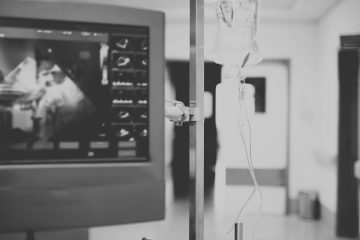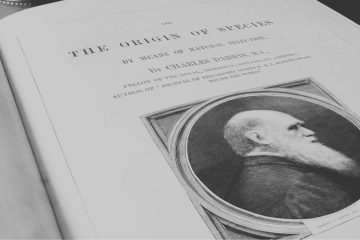What Happened On February 19th?
On a Monday morning in 1878, the entire globe was welcomed into a new era, where technology would be changed forever. In his bustling New Jersey laboratory, inventor Thomas Edison patented a revolutionary device that would forever change the way we experience sound: the phonograph. This was the first machine capable of both recording and replaying sound, which changed the trajectory of communication and entertainment history today!
While working on improvements for the telegraph, he stumbled upon the idea of catching and replicating sound waves. Initially, he envisioned a machine that would be able to record and transmit telegraph messages, but after experimenting with various materials, he finally settled on a tinfoil-coated cylinder which caught the vibrations of sound waves.
On February 19, 1878, after months of relentless experimentation and refinement, Edison proudly presented his creation to the world. He invited journalists and colleagues to his lab, where he displayed the unassuming, box-shaped device. With a crank turn and a needle poised on the tinfoil cylinder, Edison uttered the now-famous words, “Mary had a little lamb.” The machine then replayed the simple tune, leaving everyone room stunned and filled with wonder.
This seemingly simple act of recording and replaying sound had profound implications. People began to imagine a world where music could be preserved and shared across generations, where speeches could be replayed for posterity, and where communication could transcend the limitations of distance and time. The phonograph, though crude in its initial form, held the promise of a world-changing future.
Edison, the brain of the Edison Electric Company became a world-wide sensation. The news of the phonograph quickly intrigued public imagination, inspiring artists, musicians, and entrepreneurs to explore its potential.
However, the story doesn’t end there. Edison’s invention, though revolutionary, wasn’t the final chapter. Others would build upon his foundation, refining the technology and paving the way for vinyl records, video games, and the industry of music!
Questions, Comments, Concerns?
This is one of the best inventions of all time, in my opinion. Without it, almost all forms of modern electronics would be delayed for who knows how long!
Without the phonograph, how do you think technology would be affected today?
I’m ready to discuss it down below…





